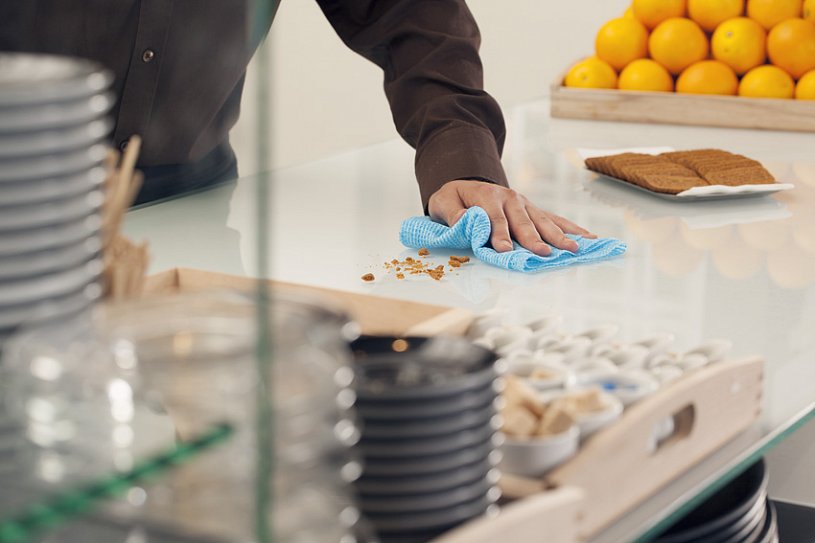When it comes to quality, make room for food safety

As mentioned on this blog previously, the horsemeat scandal earlier that took in various parts of Europe in 2013 will have changed the degree of trust people have for food suppliers. And though many will associate the suspect supply chains feeding into low-quality ready meals, it has only emphasised the importance of trust for firms serving food to consumers.
For foodservice businesses, this can be a difficult task. Your restaurant needs to be able to stand by the quality of the produce that your kitchen ends up putting on the consumer’s plate. This can mean extensive research, familiarity with standards and regulatory agencies, sifting through recommendations, getting references, and much more.
This is where quality control and assurance comes in. Taking responsibility for these activities and making them a managed part of your business will contribute to food safety. Staff with experience of delivering quality control and quality assurance will ensure that products meet the specifications promised.
Though this kind of activity is more familiar in food production, such activity can have a place in the foodservice business. Being aware of quality control at your end of the chain means you will ensure that ingredients and many other components of your ‘product’ – the dishes served, or even the dining experience – should reflect your position and ‘brand’ as a business.
Quality assurance is where food safety becomes more central. Having a dedicated individual for quality assurance, or making this a core part of someone’s remit within the business, will create an opportunity to really manage and monitor your compliance with food safety and hygiene regulations. Quality assurance gets to the core of your business’s responsibility as a foodservice business, looking after the specifics of regulation – and staying abreast of best practice and upcoming regulation changes too.
Of course, that is not to say that food safety is confined to quality assurance. As noted by this blog before, food safety should permeate a great deal of your business’s activity. It should be a consideration not just when identifying suppliers you can trust to deliver high-quality produce, or in meeting industry standards; but in how your kitchen operates, or how customers view your business.
If possible, your business should have an in-house champion of food safety who, like your quality assurance expert, can give food safety a voice in your business. This will ensure food safety is part of your overall strategy, as well as the day-to-day running of your restaurant. The reassurance you get from knowing your business has taken appropriate steps to ensure safety will transmit to your trusting – and returning – customers.

